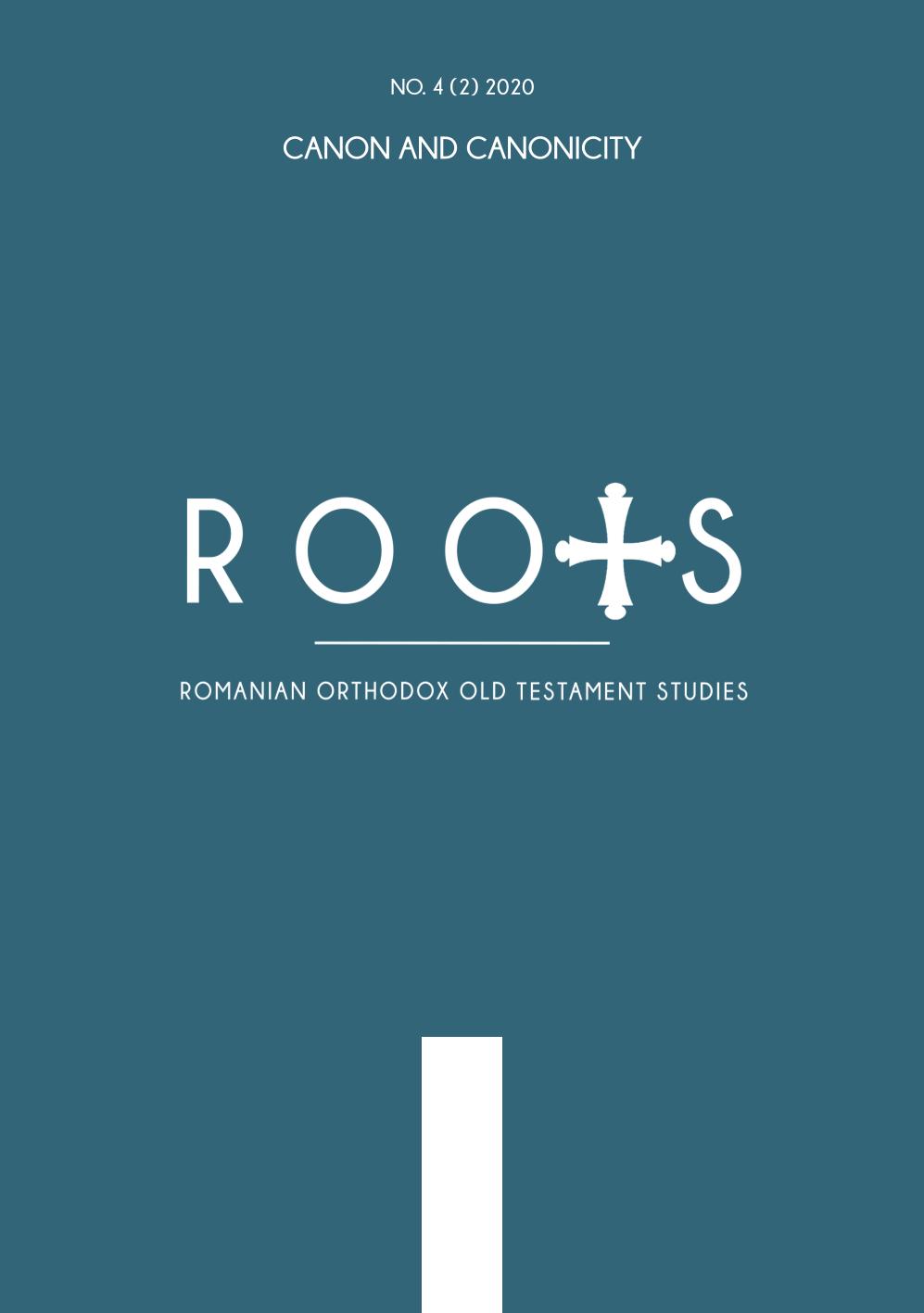The Orthodox Bible and the Anaginoskomena Books of the Old Testament
The Orthodox Bible and the Anaginoskomena Books of the Old Testament
Author(s): Alexandru MihăilăSubject(s): Christian Theology and Religion, Theology and Religion, Biblical studies
Published by: Presa Universitara Clujeana
Keywords: Anaginoskomena Books; Orthodox Church; canon; Greek editions; inspiration;
Summary/Abstract: In Western academic scholarship, the status of the anaginoskomena (the books and additions not found in the Hebrew Bible, but in the Septuagint editions) in the Orthodox Church is not completely understood, especially regarding the differences between the Orthodox churches. For example, an introduction to the Old Testament from 2009 assumes that the anaginoskomena have “incontestable authority”, quoting professor Petros Vassiliadis. Apart from the Hebrew canon, other ten books are reckoned by the Orthodox, eight of them reckoned by the Catholics as well (Judith, Tobith, 1-2 Maccabees, Wisdom of Salomon, Ben Sira, Baruch, and Epistle of Jeremiah) and two books not accepted by the Catholics (3 Maccabees and 1 Esdras / 3 Ezra). The canonicity of other books, such as the Prayer of king Manasseh (with Odes) and Psalm 151 remains debatable. The Greek Church completes the list with 4 Maccabees and the Russian Church with 4 Ezra (Römer, Macchi, Nihan 2009). In another Western introduction, the fine separation of the Orthodox churches is completely unknown. The authors simply assume that the biblical books canonized by the Tridentin council in 1546 were canonized by the Orthodox Church in the council of Jerusalem in 1672 (Dietrich et al 2014). A more articulated view is present in the recent volume of proceedings regarding the biblical canon at the Eastern churches (Farrugia, Vergani 2017). The present paper aims at defining the status of the anaginoskomena in the Orthodox Church.
Journal: Romanian Orthodox Old Testament Studies
- Issue Year: 4/2020
- Issue No: 2
- Page Range: 26-43
- Page Count: 18
- Language: English

